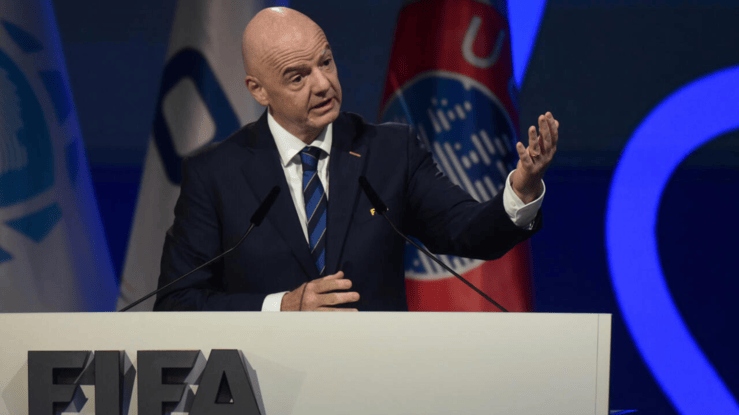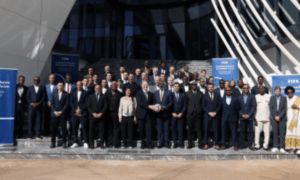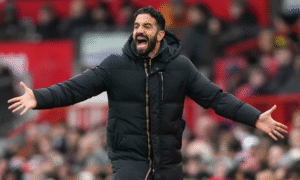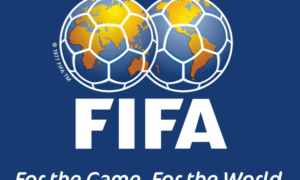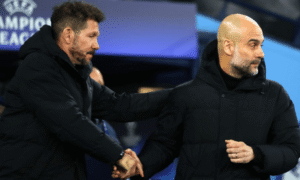Many European football association leaders, including UEFA President Aleksander Ceferin, were particularly impacted by the two-hour delay that FIFA President Gianni Infantino imposed during the annual FIFA Congress, and they decided to boycott the game in protest after Infantino abruptly called for a stoppage.
In a strongly worded statement issued shortly after the walkout, UEFA condemned the disturbances attributed to Infantino’s late arrival as “deeply regrettable.” The organization accused the FIFA chief of prioritizing his “private political interests” over the needs of the global football community. “The FIFA congress is one of the most significant gatherings in world football, where all 211 member nations convene to address issues impacting the sport worldwide,” the statement declared. It further asserted that altering the schedule at the last minute undermined the integrity of the meeting and served neither the game nor its stakeholders well. UEFA representatives emphasized that their roles are to serve the interests of football at all levels, from grassroots to elite competitions, and they felt compelled to leave as initially planned to underscore that principle.
Norwegian Football Federation President Lise Klaveness echoed these sentiments, expressing her dismay in a statement shared with reporters.She called the incident “disappointing and concerning,” highlighting the fallout from an event that was meant to unite people and address important football concerns.
In reaction to the criticism, Infantino spoke to the assembly before the delegates left and apologized for his late arrival. He emphasized the importance of his meetings in Saudi Arabia and Qatar, the hosts of the 2022 and 2034 World Cups, respectively, and blamed his tardiness on travel-related issues. “It is my duty as FIFA president to make decisions that are in the organization’s best interests,” said Infantino. “I felt that being there to represent football and all of you was essential.”
Additionally, Infantino had recently visited the White House, meeting with former U.S. President Donald Trump, further emphasizing the growing importance of the United States in FIFA’s future plans. The U.S. is set to host the inaugural Club World Cup next month, in addition to sharing responsibility for the 2026 World Cup with Canada and Mexico, and the Women’s World Cup in 2031.
“I have no comment on that; he explained the reasons for the delay,” said FIFA Secretary General Mattias Grafstrom after the congress, refusing to comment further on Infantino’s tardy arrival. He had important things to talk about. It was a fantastic Congress.
Ultimately, the congress concluded without any significant decisions being reached. Alejandro Dominguez, president of the South American football federation CONMEBOL, took the opportunity to discuss the ongoing preparations for the 2030 World Cup. Dominguez is currently advocating for a controversial proposal to expand the tournament from 48 to 64 teams, arguing that no nation should be excluded from participating in such a momentous celebration, as it marks the World Cup’s centenary anniversary. “A World Cup is the most popular celebration on planet Earth, and no one should be left out of that celebration,” he asserted while avoiding a direct mention of his expansion proposal.
This suggestion, while ambitious, has encountered significant resistance from football leaders across Europe, Asia, and other regions. In his remarks, Dominguez invited his counterparts to reflect collaboratively on creating an event that would be worthy of its historical significance, trying to garner support for a proposal that could reshape the World Cup’s landscape.

